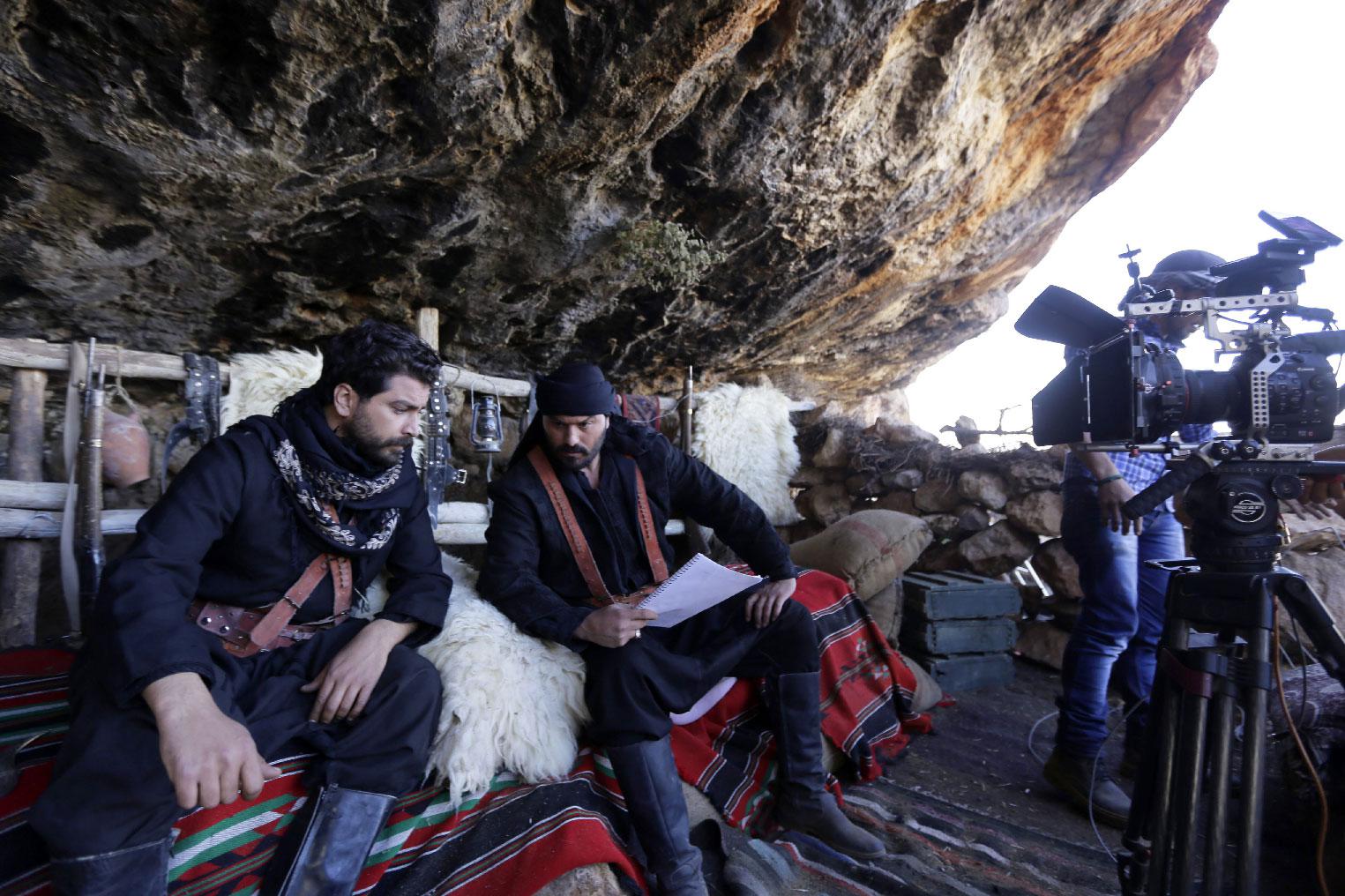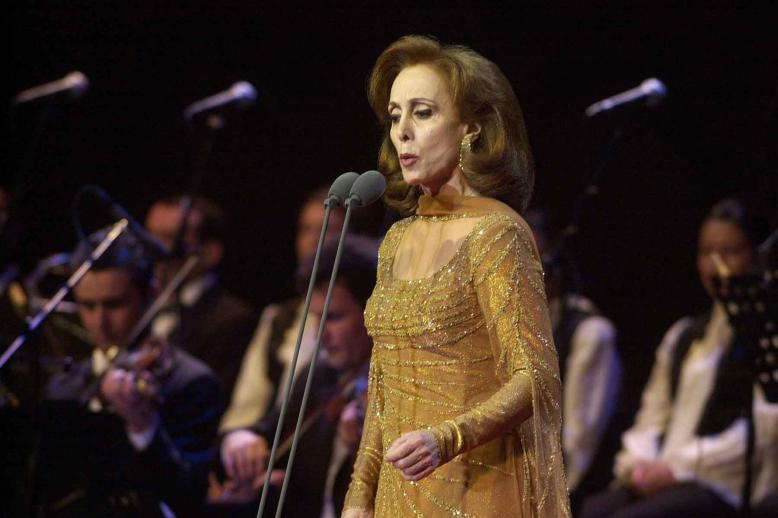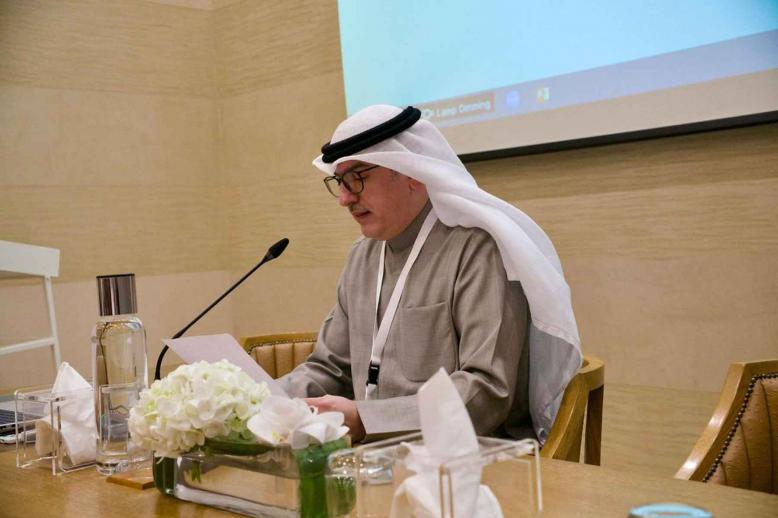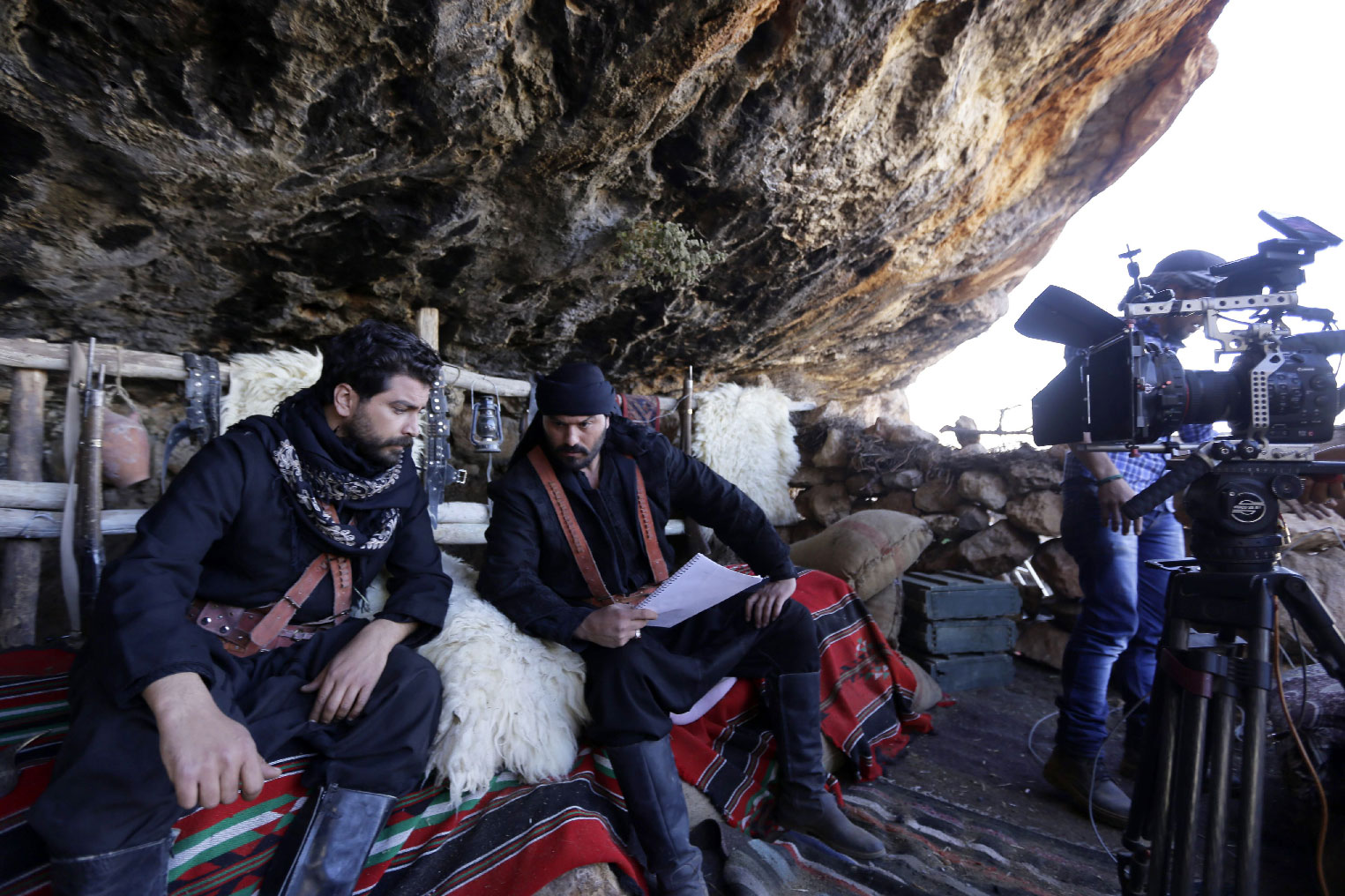Syrian productions stagger through another Ramadan
BEIRUT - Syria’s television production industry, once a source of pride and joy for all Syrians, has started to cave in, nearing collapse after seven years of relentless war.
Before the conflict, the public and private sectors used to produce 30-50 television dramas per season, at an average cost of $1 million per series of 30 episodes. The private sector no longer has the money needed for such investment, resulting in mediocre low-budget productions, with low salaries for A-list stars.
Additionally, censors are extremely careful on what to allow and scripts deemed “acceptable” a few years back are blacklisted today for political sensitivities.
One example is “Turujman al-Ashwak,” a state-produced drama that had been scheduled for this Ramadan, starring Abbas al-Nouri, the celebrated star of the hugely popular Arab soap, “Bab al-Hara” (aired annually by the Middle East Broadcasting Centre (MBC) since 2006). The work tells the story of a dissident who returns to Syria to rescue his sister, who was kidnapped during the conflict. Due to his record with the leftist opposition, he gets arrested shortly after setting foot in Damascus.
Syrian censors refused to air the work, saying that it had been “postponed” — a polite way of saying banned — which triggered a backlash from Nouri. “I have adopted this project,” he told The Arab Weekly, “because it achieves a small part of my personal ambitions. It touches on reality, presenting people you see on the streets. It speaks of a former political prisoner who gets arrested for his views and works abroad as a translator and a writer, just like many activists living abroad who turned to these professions, which are creative professions, whether we agree with these people or not.”
Because of the “postponement,” Nouri was absent from television screens this Ramadan, given that “Bab al-Hara” is off the air due to legal disputes between the director and a producer.
Another problem is an Arab boycott of locally produced Syrian shows and general viewer fatigue from productions set against the backdrop of the Syrian crisis. Most of the works made within Syria have a domestic storyline, examining layers of the Syrian conflict, from the rise of jihadi groups to kidnapping, checkpoints, electricity blackouts, war profiteering, economic grievances, refugees and the Islamic State.
The opposition claims these works give the point of view of the regime, which is correct, arguing that no works reflect that of the anti-regime camp, simply because Saudi Arabia and Qatar are not interested in politically driven works that wouldn’t sell during Ramadan.
Many politically driven works are either funded by the government or businessmen close to it but Arab satellite networks are not buying them anymore, preferring light entertainment with pretty women, fancy cars, action thrillers or love stories.
As a result, works that cost as little as $600,000 are having a difficult time recouping costs because none of the big buyers, such as MBC, want to air them.
Before the crisis, such channels used to pay $300,000-$450,000 per work, making it a goldmine for Syrian producers. Now, the only channels that buy Syrian works with a domestic story are those that either get them for free, such as Syrian TV, or don’t pay well, like Iraqi TV.
Production companies that want to reach a wider Arabic audience have been forced to hire Lebanese actors and actresses, at salaries much higher than what they would pay Syrians, triggering anger from Damascus-based stars, who complain that foreigners get the big money and they receive comparative little for their work. Some have been forced to work in dubbing Turkish soap operas into Arabic because it pays well even if it is not rewarding for an accomplished actor.
This year, only 12 programmes were produced in Syria. Some actors who used to earn $15,000-$20,000 per work are settling for salaries that barely reach $8,000. Additionally, some of Syria’s biggest names have left the country, either for political reasons, such as Cairo-based Jamal Suleiman, who is a ranking figure in the opposition, or because it is unsafe or financially unrewarding to work there anymore. Celebrities such as Taim Hassan, who played King Farouk and Nizar Qabbani, have been living abroad for years, becoming pan-Arab stars.
Another chronic problem is lack of proper advertising, due to upheavals in Iraq, Egypt and Syria.
Syrian television production started in 1960 during the short-lived union with Egypt. Due to equipment shortages, Syrian producers sought technical assistance from the United Arab Emirates and Jordan in the 1970s, editing many of their works in Amman and Abu Dhabi.
A boom started in the early 1990s when Arab Gulf money poured into the Syrian production scene after Damascus joined the Gulf War, fighting alongside Saudi Arabia for the liberation of Kuwait.
That “reward” ended when Syria put its full weight behind Hezbollah during the summer war of 2006. At the time, Syrian President Bashar Assad instructed state-run television to buy “all works” produced by Syrians, to cover partial production costs and minimise the damage from the Arab boycott. This put the industry on life support. Now it faces total collapse.
Sami Moubayed is a Syrian historian and author of Under the Black Flag (IB Tauris, 2015). He is a former Carnegie scholar and founding chairman of the Damascus History Foundation.
Copyright ©2018 The Arab Weekly.







